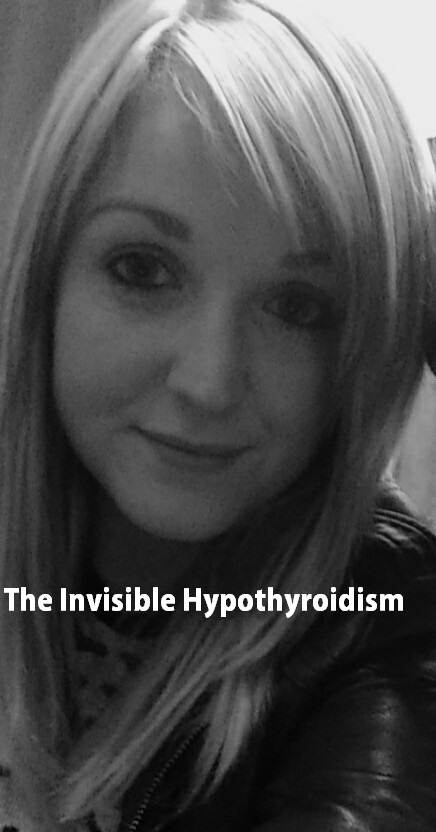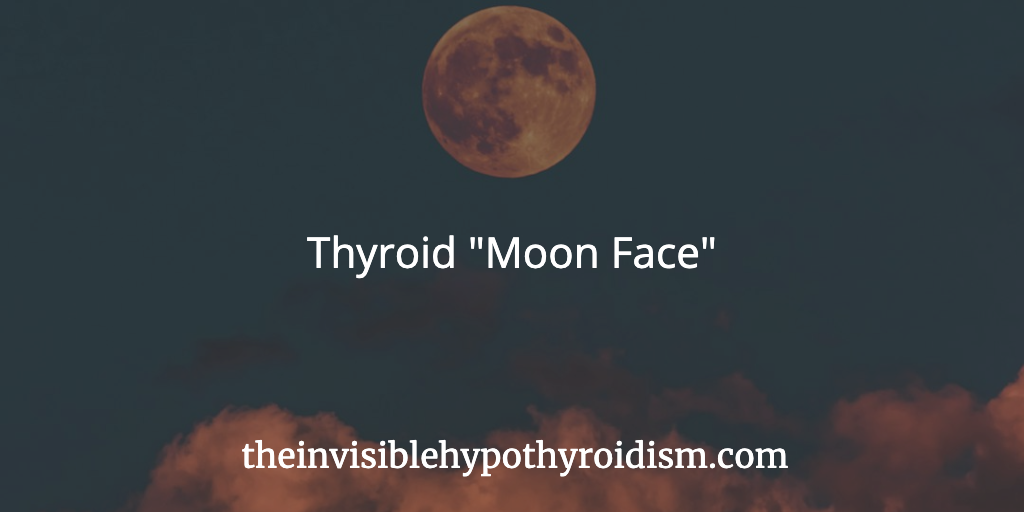
Hypothyroidism can affect all areas of our body, but a term known as “moon face”, which refers to the swelling of the face, is getting a lot more attention recently.
What is “moon face”?
If your face is looking noticeably more puffy and round, then the term “moon face” may apply and resonate with you.
Whilst it isn’t painful, it can impact self-esteem.
Common, non-thyroid, causes may be from steroids (such as prednisone), Cushing’s Syndrome (dangerously high cortisol levels), diabetes treatment, or diabetes itself.
What Causes Moon Face in Hypothyroidism?
Thyroid hormones control how fast your bodily systems work and when thyroid hormone levels are low (hypothyroidism), tissues can slow down. This includes the heart, liver and kidneys.
Hypothyroidism can lead to a swelling of facial tissue by:
- Slowing the enzymes that break down mucopolysaccharides which are then deposited under the skin.
- By causing fatigue which may lead to reduced movement and thus, weight gain.
- By slowing down the glomerular filtration rate, which reduces fluid loss (fluid retention) through urination.
- By causing an overall decrease in circulation, by lowering cardiac output and heart rate but also by affecting the health of blood vessels and blood pressure
- A lack of good quality sleep. (read about sleep complaints and hypothyroidism)
Related Article: What My Cankles Taught Me About Thyroid Health
What is The Treatment for Moon Face?
If you are on thyroid medication already, then ensuring your thyroid levels (TSH, Free T3 and Free T4) are all optimised, and not just within range, can help. As can considering treatment if levels are ‘subclinical’ or ‘borderline’ and you are not currently on treatment.
Please remember that levels can fluctuate and change over time from stress, seasons, pregnancy and much more.
Many thyroid patients find that if T4-only medication such as Levothyroxine or Synthroid are leaving ongoing symptoms, then a change to another type of medication can help.
Drinking more water, eating less salt and prioritising a good sleep routine may also help, but don’t do these without also getting a picture of your current thyroid levels.
Feel free to share your experiences of this topic in the comments section.

See also:
The book Be Your Own Thyroid Advocate: When You’re Sick and Tired of Being Sick and Tired, which contains more helpful information like this!




